
Beyond Discounts: Three Strategies to Enhance Customer Loyalty
New figures from Zonal’s latest GO Technology report, in partnership with CGA by NIQ, reveals that the number of consumers not showing up for their reservations in pubs, bars and restaurants is back to a record high, with 14% of guests not honouring reservations or informing venues in advance that they need to cancel.
The survey of more than 5,000 British adults, highlights that whilst more than two thirds (68%) of consumers who make bookings say they turn up for all of them, 18% cancel in advance and one in seven (14%) admit to failing to turn up without telling their venue. Since the launch of the industry-wide #ShowUpForHospitality campaign in 2021, GO Technology data had measured no-shows as decreasing. However, this latest insight shows they have now returned to the same level as three years ago, highlighting the significant and persistent problem they present.
When looking at the reasoning for no-shows, the findings revealed a direct link between the current financial landscape and the rise in no-shows, with 57% saying that they are severely or moderately affected by the cost-of-living crisis, and over a quarter (29%) of those who didn’t follow through on a booking, citing that they decided it would be too expensive, as their number one reason for not showing up.
To prevent no-shows and help keep revenue flowing, understanding what would encourage people to show up or cancel a booking in advance and then implementing the necessary tools to achieve this, is key. When asked what would make guests less likely to miss a booking, the following came out on top:
Commenting on the findings, Tim Chapman, Chief Commercial Officer at Zonal said: “No-shows are a £17.59bn problem for the hospitality sector and the issue does not seem to be going away – in fact, this research suggests it has been exacerbated recently by the cost-of-living crisis.
“The report also reveals that those most likely to no-show are high-spenders and frequent visitors, which makes them very valuable customers to the sector. It is imperative that we get to grips with the problem, putting in measures to help customers keep in touch and working together to educate consumers about the damage not showing up can do to their much-loved local pubs, restaurants and bars.”
Karl Chessell, Director – Hospitality Operators and Food, EMEA, CGA by NIQ added: “Our research shows no-shows remain a hugely frustrating issue for restaurants, pubs and bars. Bookings are a double-edged sword for hospitality, helping venues to plan better and fill tables but bringing the risk of substantial missed sales, at a time when margins and growth are under pressure.
“Fixing the problem is easier said than done but there are steps that all venues can take to mitigate losses, and technology has a major role to play in making the bookings process more effective for operators and guests alike. As we approach the crucial Christmas period, reducing no-shows is going to be a top priority for everyone in the sector.”

Join the conversation and help us make no-shows a thing of the past
No-shows cost the hospitality industry an estimated £17.59 billion in lost sales every year. Join our group of passionate industry supporters to help spread the message far and wide and encourage customers to #ShowUpForHospitality.
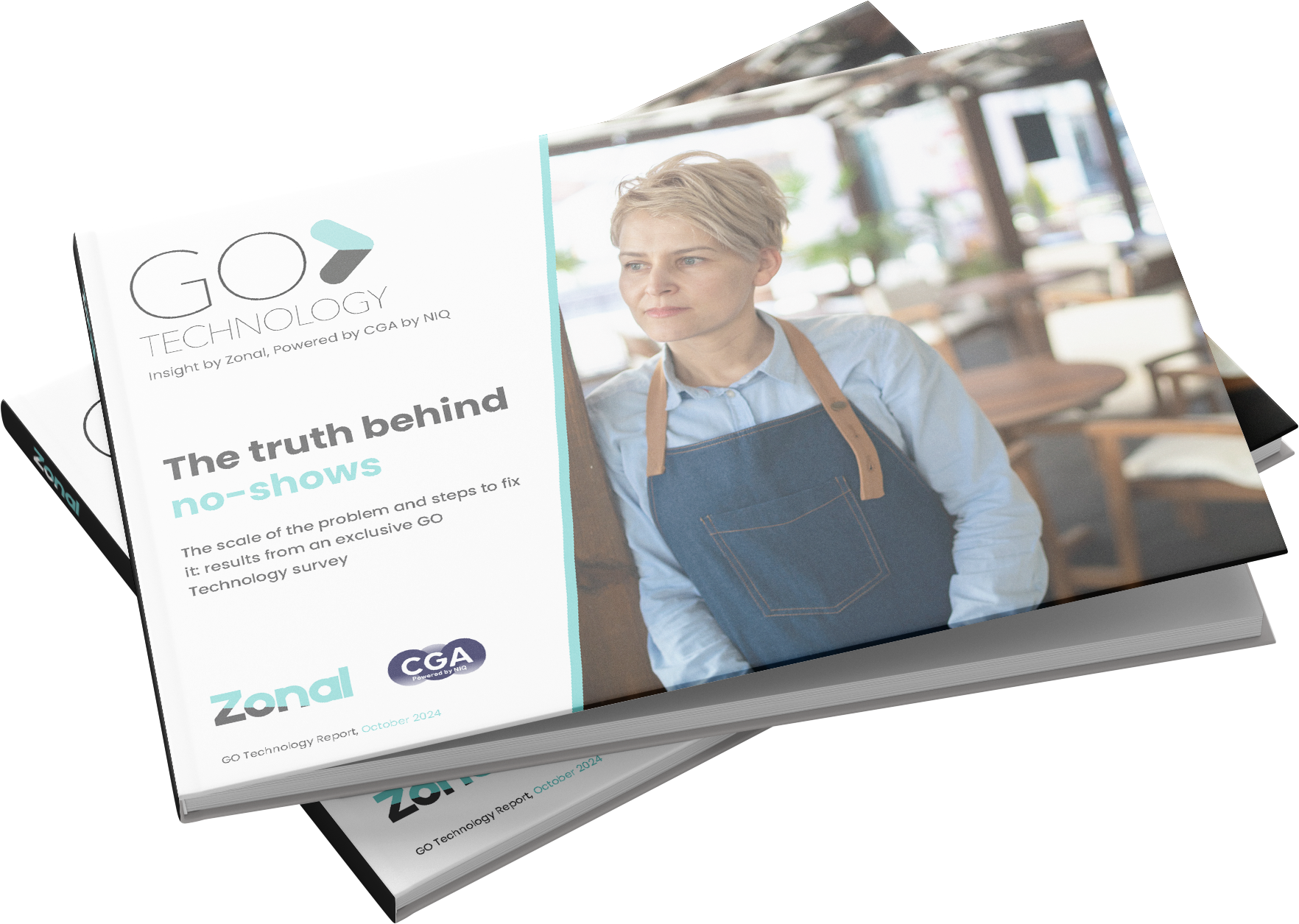
No-shows remain an ongoing challenge for the hospitality industry, costing UK hospitality a collective £17.6bn a year in lost sales.
Previous research in 2024 revealed that 60% of consumers want to support the hospitality sector in light of the cost-of-living crisis, however despite this the rate of no-shows has risen from 12 to 14% over the course of the year. With increased cost pressures already presenting a difficult trading environment for hospitality, it’s vital for operators to understand why these no-shows are occurring, as well as exploring potential solutions to combat the issue.
In this report, we reveal the extent of the no-shows problem, including current consumer booking behaviours and the factors influencing no-show rates, as well as how likely consumers are to show up for their booking in hospitality compared to other sectors.

“No-Shows is a really big problem for the industry. At our restaurant Faber, we charge a £20 per head pre-authorisation (the money is only taken in the event of no show) on every booking, as we have to protect our business. Hospitality is unique in the sense that unlike many other industries, you pay after you’ve received the service. When people don’t show up, not only is the money from the booking lost, but the costs incurred from the stock which was ordered in that we now have to waste and the additional staff which were put in place to support the booking, all add up. It all has a negative effect on business.”

Join the conversation and help us make no-shows a thing of the past
No-shows cost the hospitality industry an estimated £17.59 billion in lost sales every year. Join our group of passionate industry supporters to help spread the message far and wide and encourage customers to #ShowUpForHospitality.
What with Wagamama and Mowgli recently launching loyalty schemes, Deliveroo investing in an advertising campaign to promote its Deliveroo Plus scheme this autumn and the news earlier this year that Pret A Manger was to ditch its much-feted subscription model, customer loyalty is a hot topic in hospitality right now.
But I don’t believe customer loyalty exists. Recently, I was approached by hospitality tech firm Zonal to see if I’d like to work with it on a project around this very subject. I started by telling a story about my love for Honest Burgers. We have an Honest Burgers right opposite our office. In fact, if the fire alarm goes off, it’s our designated meeting point. We have a lot of fire drills.
I loved going in there. The staff were friendly, the music was perfect, and it had plants everywhere that gave a really nice feel to the place. And I had a rather specific, rather odd order. I liked to have the plant burger, but I really like bacon, so I’d always add some of that on top, too. The vegan plus meat combination could have easily been a cause for confusion, but rather than causing issues, it simply became: “Would you like the usual, sir?”
Then, near Christmas, the manager of that restaurant left to go elsewhere. And when I next went in, everything had changed. The staff were still lovely, but the music had changed. She chose the playlists, apparently. The plants were all gone – also hers, brought in from home. And, when I put in my usual order, the waiter reappeared ten minutes later with a question from the chef: “Sir, just to check, did you really mean real bacon with that?”
Loyalty is an overused term in organisations and hospitality, and it’s a dangerous one. Because if leaders believe their customers are loyal they stop trying to impress them, focusing on winning them in the first place, then gradually taking their custom for granted.
Quite simply, if you stay more useful to your customers than the competitors and alternatives, your customers will stay with you. But if someone else becomes more useful – a better product, better price, better experience, more socially desirable brand – then they’ll go elsewhere. But where you can build some sense of loyalty is through your people – as Octopus, AO and First Direct show.
Octopus Energy is taking the highly regulated energy industry by storm by empowering its team to come up with creative ways to solve its customers’ problems. Customers hated the hold music, and so now, should you be put on hold by Octopus, you’ll hear a song from the year you turned 14 – the age that, on average, a person first engages with music. Another example is the Octopus Wheel of Fortune. Every time an Octopus customer enters a meter reading, they can spin the “wheel of fortune” to win anything from 1p to £512 credit on their account, and more than 100,000 of them a month do so. This shows an understanding of the inconvenience of submitting meter readings for customers and actively recognising and rewarding them for doing so.
Another industry you may not think to look at for loyal customers is white goods, but online retailer AO is one of the highest rated UK retailers of any kind on Trustpilot. That’s in no small part down to the fact that one of its core values is: “Treat every customer like your own gran.” But, more than this, staff are supported to deliver on this promise. Stories are manifold, from delivery drivers paying for pizzas when a new oven can’t be fitted in time for dinner to local teams arranging for an AO branded van to visit a six-year-old van fan on his birthday.
Likewise, banks are about as well known for building loyalty among customers as utility firms and white goods retailers, but talk to any customer of First Direct and most will extoll its virtues. Again, this is down to first-class customer service delivered by teams supported to do so. First Direct famously “hires for the smile, trains for skill”, and then enables its teams to listen to customers and act with empathy – no scripts, no call handling time targets and calls answered by real people.
The hospitality industry has a huge advantage over others in this, as a people-focused sector with colleagues who know that customer experience is crucial to delivering a great experience. There are other complexities to this, of course (the ambition of the leadership to provide excellent customer experiences, great training, a fundamental understanding of what drives your customers’ decision making, a recognition that not everything in good business must deliver an immediate return on investment).
However, while I maintain that customers are not loyal to businesses, I do believe they are loyal to other people – and these can be your people, assuming you give them the correct support and tools.
We’re excited to announce the launch of our new cost-effective and user-friendly platform designed to revolutionise how businesses manage their delivery service providers.
Zonal Delivery offers seamless integration into the three major online -delivery service providers, Uber Eats, Deliveroo, and Just Eat and simplifies multi-channel and multi-unit menu management. This enables operators to enhance their delivery services efficiently, with key features including:
Zonal Delivery is designed for businesses of any size, enabling operators to manage single or multiple locations and delivery service providers effortlessly from one interface. The platform allows for instant publication of changes to menus and pricing with just one click, streamlining operations and enhancing service quality while improving the bottom line.
Commenting on the launch, Tim Chapman, Chief Commercial Officer, Zonal, “With the launch of Zonal Delivery, we are giving our customers the opportunity to capitalise on this growing market and enhance their delivery operations, increase efficiency in their hospitality venues and drive profits through delivery channels.
“We are committed to helping our customers thrive in a competitive landscape by providing them with the technology they need to succeed.”
Jonny Findlay, Commercial Manager at Hub Box said, “I would definitely recommend Zonal Delivery to other operators, the direct integration into our EPoS has made receiving orders much easier. We can manage this depending on the demand in the kitchen meaning an improved customer experience and reduced pressures on our staff.”

Beyond Discounts: Three Strategies to Enhance Customer Loyalty
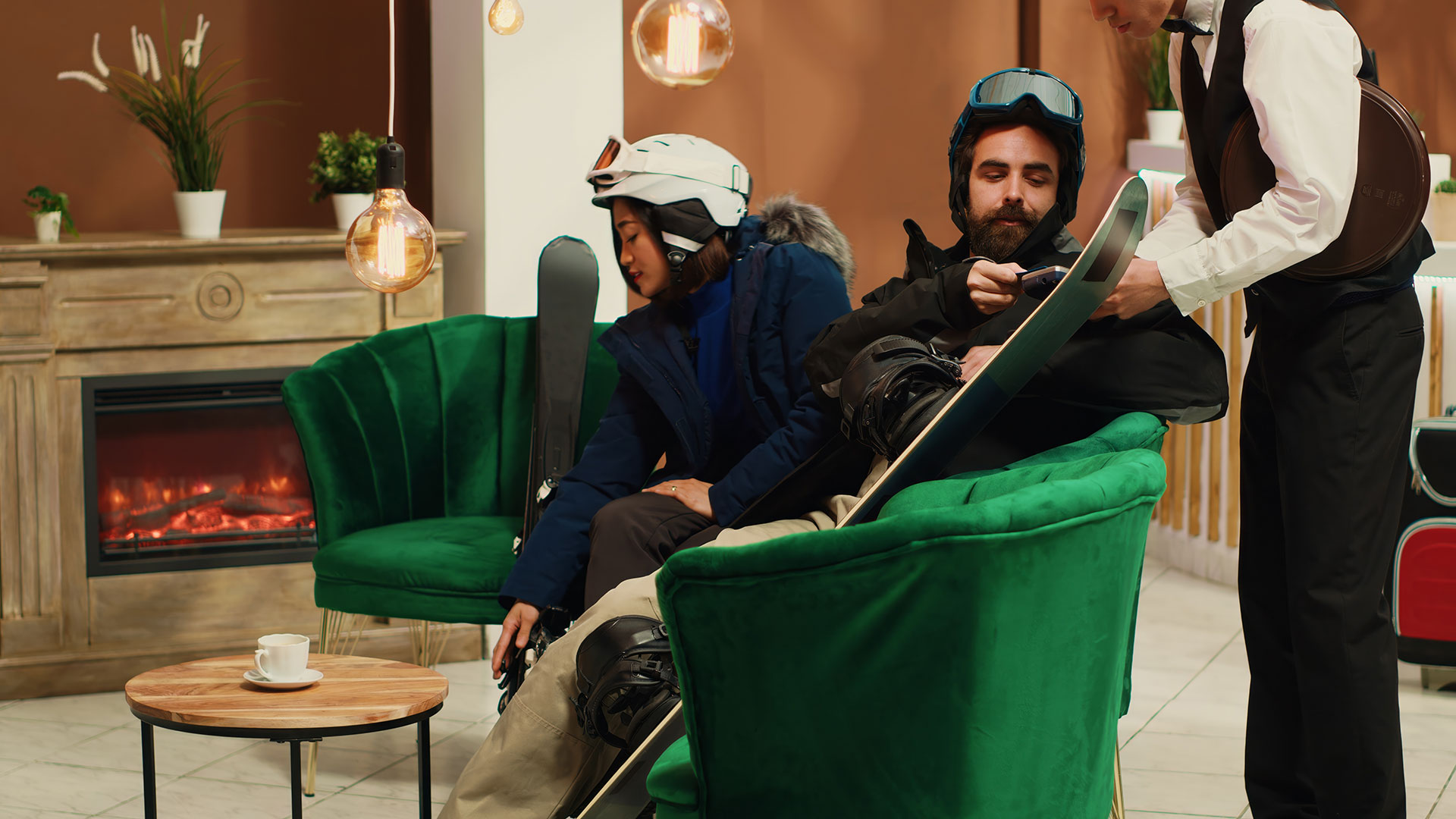
Tipping bill: What does the new law mean for your hotel?
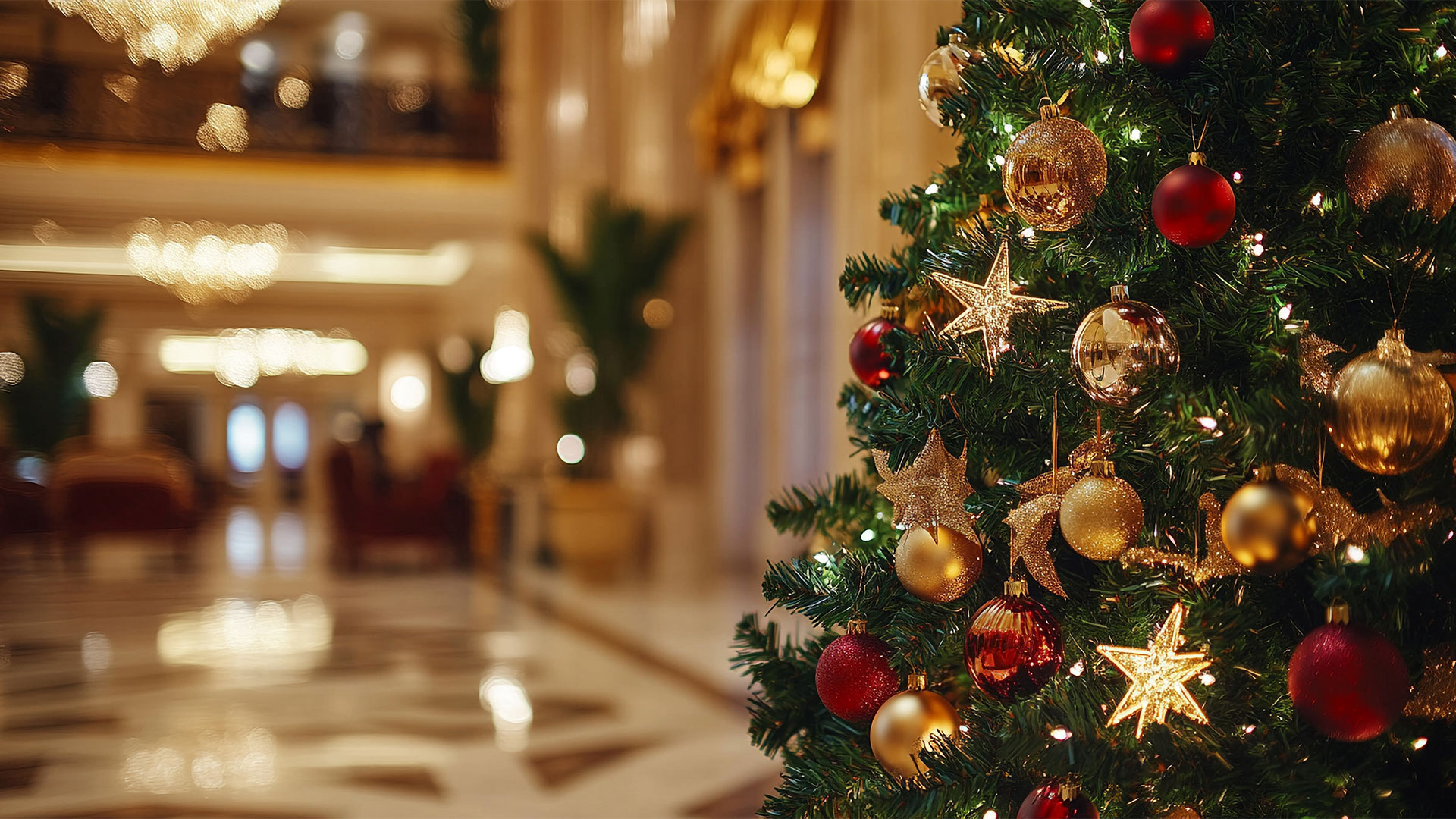
5 ways to get your hotel Christmas-ready
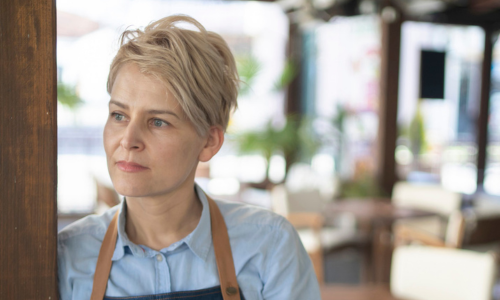
GO Technology: The truth behind no-shows

How to manage your pre-orders during the festive season
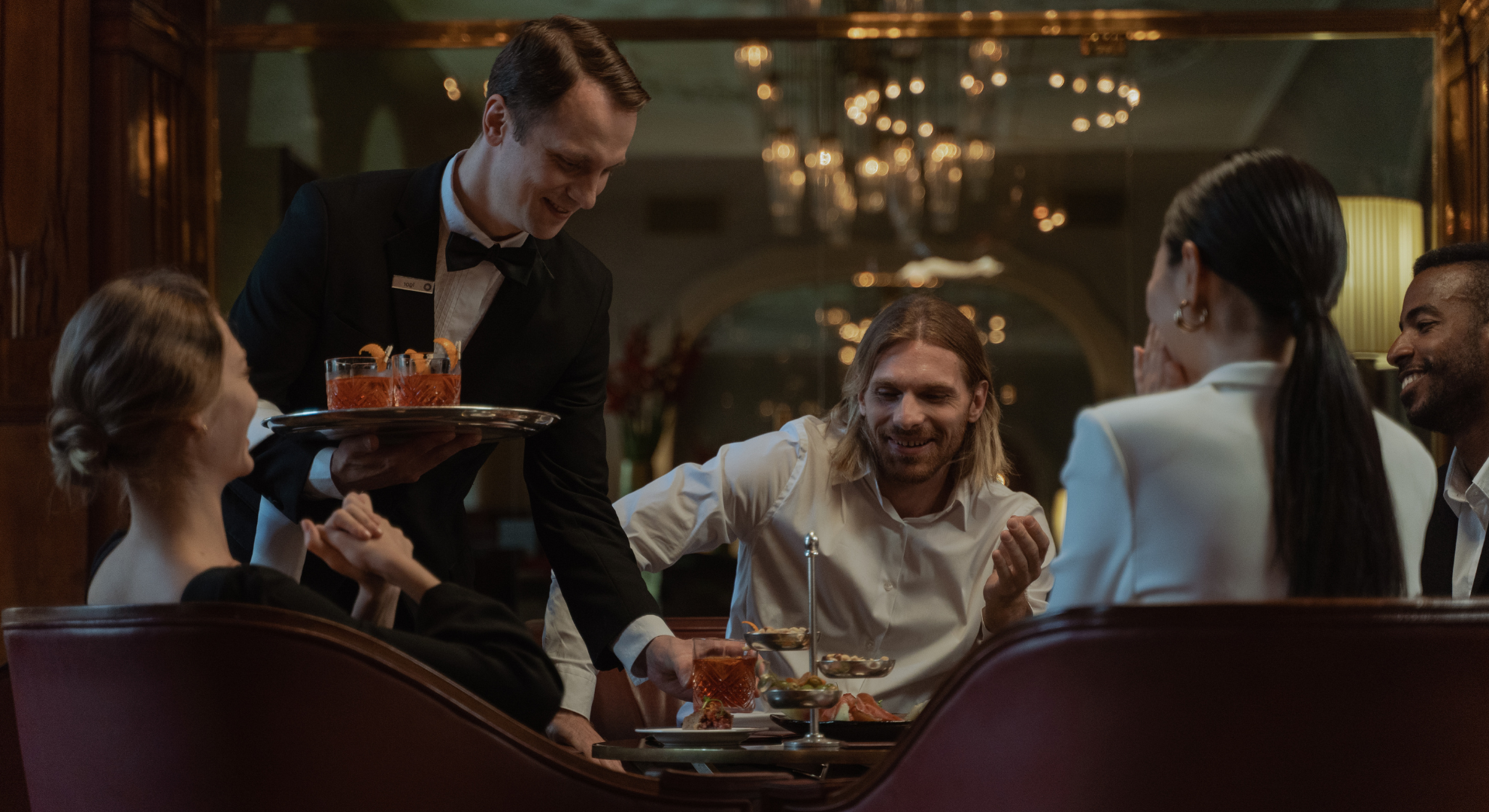
What other businesses can teach hospitality about customer loyalty

The Impact of the Climate Crisis on Your Hospitality Business: Why Carbon Accounting & Climate Action Matters Today

Top 10 Support Queries: Quick Solutions to Save you Time

We are excited to share that Zonal has topped not one, but two categories at the Restaurant Readers’ Choice Award winning both the EPoS and Technology categories.
Restaurant Readers’ Choice Awards are a result of an extensive survey sent to their restaurateur audience, asking them to vote for their favourite suppliers to the trade. The winners are the companies which their readers believe offer the best customer service, reliability, offer the best product range and go the extra mile.
Zonal was recognised for its EPoS system and wider technology suite, which are used in over 17,000 hospitality businesses.
Zonal’s CEO, Stuart McLean said: “It’s fantastic to receive this vote of public approval. The recognition reflects our ongoing commitment to delivering reliable and effective solutions that meet the needs of our customers. This award is a testament to the dedication and hard work of the entire Zonal team, their focus on providing exceptional customer service and maintaining high standards has been essential to our success.’


Beyond Discounts: Three Strategies to Enhance Customer Loyalty

Tipping bill: What does the new law mean for your hotel?

5 ways to get your hotel Christmas-ready

GO Technology: The truth behind no-shows

How to manage your pre-orders during the festive season

What other businesses can teach hospitality about customer loyalty

The Impact of the Climate Crisis on Your Hospitality Business: Why Carbon Accounting & Climate Action Matters Today

Top 10 Support Queries: Quick Solutions to Save you Time
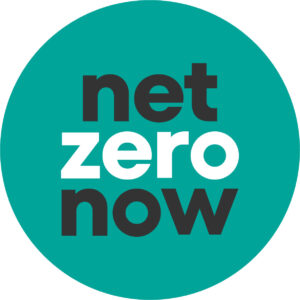
Guest blog by Net Zero Now
The climate crisis is no longer a distant threat but is already having a very real impact on the hospitality industry. That impact is both direct, resulting in increased costs as supply chains are put under increasing pressure and the cost of energy increases, and indirect, driving new attitudes and expectations of customers, employees, and investors.
But with these challenges come opportunities – to improve your bottom line, to establish yourself as a leader in an increasingly eco-conscious market and to increase the value of your business.
The hospitality industry is uniquely vulnerable to the effects of climate change. Rising temperatures, extreme weather events, and shifts in global ecosystems directly affect the supply chains that businesses rely on, resulting in higher costs and lower / less reliable availability.. Energy prices are also likely to soar as demand for cooling increases and fossil fuel resources become scarcer.
Indirectly, the climate crisis is changing the attitudes of the people who make your business thrive – your customers, your employees and your investors.
Businesses also face increased regulatory pressure. In the UK, larger businesses (£36m+ t’over) are already required to report Scope 1 and 2 emissions under the Streamlined Energy and Carbon Reporting (SECR) regulations. These requirements are expected to expand in the near future, reducing the threshold to include more businesses and increasing the reporting requirements to include Scope 3 emissions (the emissions from your supply chain, including all the food and drink you buy throughout the year). This is particularly relevant to the hospitality sector which contributes up to 15% of the country’s greenhouse gas emissions (Net Zero Now, 2024, and where Scope 3 emissions account for c.70-95% of emissions, the vast majority of which comes from the food served (see Figure 1).
Figure 1: Emissions Sources from different types of hospitality business
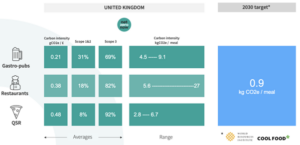
Source: Net Zero Now Customer analysis; Cool Food 2022
As Figure 1 also shows, as an industry, we have a long way to go to meet the 2030 targets for carbon emissions per meal. Getting anywhere near these targets will take more than removing plastic straws and adding a few LED lightbulbs, hospitality businesses need to understand their full carbon footprint, including Scope 3 emissions, and find ways to minimise their climate impact.
I know what you’re thinking – “it’s too expensive”, “it’s too complicated”, “we’re too busy” – and until recently, you might have been right. But…
and , as if all of the above wasn’t enough
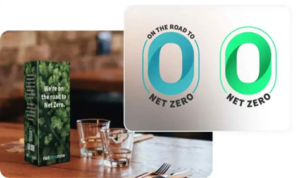
Ready to turn the climate challenge into a business opportunity? Discover how Net Zero Now’s integration with Zonal can help you accurately measure, manage, and reduce your carbon footprint. Start your journey towards sustainability today—contact the Zonal team and see how we can support your business in leading the way to a net zero future.
Sources:
A landmark debate in September at the House of Commons is set to change the face of venue safety laws in the UK.
The Terrorism Protection of Premises Bill or ‘Martyn’s Law’ was discussed by MPs in September; an anti-terrorism bill in memory of 29-year-old Martyn Hett, who was killed alongside 21 others in the 2017 Manchester Arena bombing. The law is currently under review by the Public Bill Committee and is set to come into action over the coming weeks.
The main aim of the Bill is to protect the public from the impact of terrorist attacks and to prevent physical harm. It comes after the terror threat for venues in the UK has been described as ‘substantial’ by officials, who have revealed that 43 terrorist plots have been foiled since 2017.
Mainly aimed at concert halls, stadiums and other crowded venues, Martyn’s Law outlines new specific safety measures for most public venues based on different capacities, meaning hotels and other hospitality venues will be affected when the law becomes official.
The Law calls for mandatory safety training and ‘practicable public protection procedures’ in venues with a capacity of 200 – 799 (known as standard tier and raised from 100 in September to create a more appropriate scope of duty).
Whereas in larger venues with a capacity of over 800 (enhanced tier), more rigorous measures are required such as additional security staff and minimum CCTV requirements.
Martyn’s Law will have large implications on the hospitality industry, however, many hospitality providers are clearly seeing the benefit to public safety, with 100 venues publicly backing the bill, including McDonalds.
Since we last talked about Martyn’s Law in February of this year, there have been some adjustments to the proposed requirements. Here we discuss the biggest changes for hotels and other hospitality providers to help you prepare for the new legislation.
There is a focus on practical and effective safety training to prepare for a terrorist event, including practice runs by team members.
Since the bill was first proposed, the requirements for training have become more prescriptive and involve safety procedures for the following:
This more active approach aims to raise and maintain awareness of anti-terror measures amongst hotel staff so they can be implemented effectively in the event of a terror attack.
A ‘responsible person’ will implement these measures and ensure adequate training takes place and all safety measures should be clearly communicated with the regulator.
In summary, since the Government consultation on Martyn’s Law, there is now less emphasis on paperwork and a greater focus on ensuring that all your employees fully understand how to deliver the anti-terrorism measures to reduce physical harm.
The government hopes that these requirements will enable venues to tailor their measures to suit their operational needs.
If your hotel or venue falls into the Enhanced Tier category, regulators will need to be informed of any events where 800 or more individuals are attending your event.
The same safety training and actionable public safety procedures apply here as for Standard Tier venues; however, paperwork requirements are more rigorous and all safety measures in place must be adequately documented as proof of compliance. This will also include safety assessments of the efficiency of your hotel’s safety measures.
As with standard tier requirements, there must be a ‘responsible person’ in charge of implementing these measures. However, if your hotel or venue falls under the 800 capacity tier, a ‘senior’ responsible person must be nominated for each event where there are 800 or more individuals attending.
As well as the hotel itself, the surrounding area must be monitored for suspicious activity by using additional staff and/or extra CCTV.
There will be an expected grace period of around 24 months to enable venues to put these plans into place before the Security Industry Authority (SIA) begins regulatory action to enforce the law.
The SIA will have the power to issue compliance notices, limit operations and give out hefty fines to venues of up to 5% of worldwide revenue (AEO) for those who don’t comply. This figure could be in the millions for multi-site hotel chains or venues.
With this in mind, and the bill currently making its way through Parliament, now is the time to get your anti-terrorism measures in place to ensure the safety of your customers and guarantee your venue is compliant.

Beyond Discounts: Three Strategies to Enhance Customer Loyalty

Tipping bill: What does the new law mean for your hotel?

5 ways to get your hotel Christmas-ready

GO Technology: The truth behind no-shows

How to manage your pre-orders during the festive season

What other businesses can teach hospitality about customer loyalty

The Impact of the Climate Crisis on Your Hospitality Business: Why Carbon Accounting & Climate Action Matters Today

Top 10 Support Queries: Quick Solutions to Save you Time
Trade show season is nearly here, and we’re thrilled to be back at the Casual Dining Show and Hospitality Tech Expo again this year!
We’ll be joined by some of our amazing partners at Airship, Toggle, Feed It Back and TiPJAR, so make sure to stop by the stand to see what’s new and learn more about how integrated tech can truly enhance your guest experience and operations.
We’re excited to be showcasing our new Kiosks Integration, available through chosen partners, as well as our new delivery service provider management platform, Zonal Delivery.

Whether you’re looking to simplify your delivery order process via one centralised platform, improve order accuracy or discover insights with in-depth reports, Zonal Delivery is a user-friendly solution that will instantly improve your revenue stream.
Whether you’re looking to help your teams achieve more or provide a convenient experience for customers, fully integrated self-service kiosks are a flexible solution that will set your business apart.
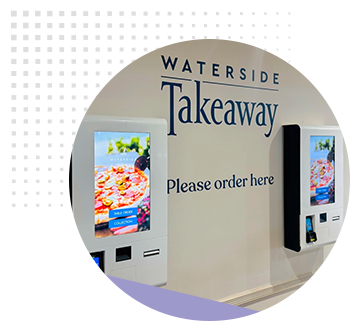
“If there are any operators out there that think they might not be big enough to switch to Zonal, I would say don’t be put off by the big names. Our experience was that Zonal tailored a package that was built just for us, was really specific to us, and was designed around our needs and our drive for great hospitality.”
Matt Gladman, Head of Systems & Continuous Improvement, North Brewing Company

With consumer spend tightening and visit frequency reduced, a loyal customer base providing that all-important repeat business is the holy grail for operators looking to succeed in today’s difficult trading landscape.
Our previous research in partnership with CGA by NIQ revealed that consumers, on average, feel loyal to 2.1 hospitality brands – but how likely are their choices of preferred venues to change?
In this exclusive survey of 5,000 British hospitality consumers, we reveal how likely consumers would be to switch their preference to a different hospitality brand, how hospitality stacks up against other sectors, and the role loyalty schemes play in ensuring customers keep coming back to you for more.


GO Technology: The truth behind no-shows

GO Technology: Brand loyalty in hospitality

GO Technology: Fixing people’s hospitality bugbears
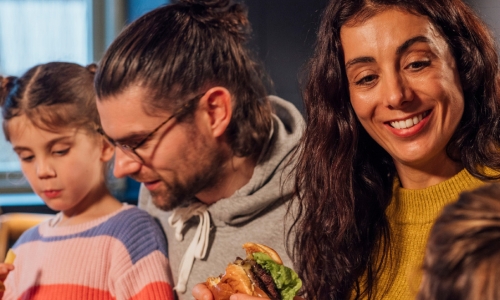
GO Technology: The value of hospitality – Exploring consumer insights and perceptions

Influence, loyalty and technology: Key guest trends from 2023
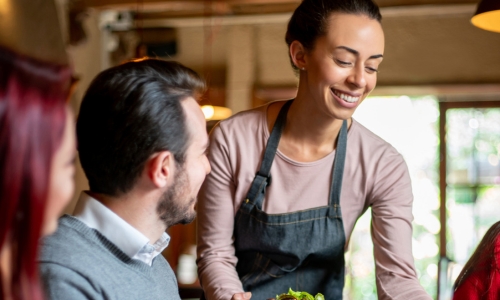
GO Technology: The New Loyalty Landscape – How the cost-of-living crisis impacts hospitality

GO Technology: People vs Tech: What guests want in 2023

GO Technology: Identifying the Influencer – Reaching hospitality’s decision makers
To celebrate 10 years of GO Technology insight, Zonal and CGA take a look back at how tech has shaped the industry over the past decade.
Back in 2014, when David Cameron was Prime Minister, the biggest tech launches of the year were Amazon’s Alexa and Google’s ill-fated glasses. The Apple Watch hadn’t been launched, Apple Pay didn’t exist, and Kim Kardashian married Kanye West.
It was also the year that Zonal entered into a long term partnership with CGA by NIQ, via the launch of the first ever GO Technology report. In the 10 years since, the reports have tracked the adoption of tech solutions in hospitality by consumers and businesses alike.
A decade on, here are the top ways that innovation has reshaped our sector.
Ten years ago, over half (58%) of consumers said they preferred to make table bookings by telephone. Fast forward nearly a decade, only a fifth (20%) of consumers cite this as their preferred booking method, with nearly half (45%) now wanting to book online. As for using AI tools to book – we didn’t know what that was back in 2014.
Consumer preferences when it comes to paying for food in bars or restaurants have also seen a significant shift. In 2014, GO Technology revealed that only 6% of consumers used digital payment methods for their orders. By 2024, this had increased to 43%, resulting from the rapid adoption of mobile devices for payment as a result of the pandemic.
Advances in mobile technology over the last ten years have opened up the potential to tailor services and offers to guests and in turn help drive loyalty. In 2018, GO Technology found that only half (51%) of consumers would be willing to exchange personal information to receive tailored offers, increasing to 64% a mere two years later.
Consumers’ growing desire for value has also led to an increased engagement with brands and loyalty schemes. Back in 2021, less than a quarter (23%) were signed up to more than one loyalty programme, but by 2024 nearly half (47%) of consumers have joined several loyalty schemes, primarily to make the most of deals and promotions available.
Our first ever report also revealed that 17% of young consumers, aged 25 to 34, were frustrated by having to wait to settle the bill at the end of a meal. This has increased to a whopping 75% of young consumers in 2024.
Similarly, people have become increasingly demanding that their food is served in a timely fashion. In 2014 nearly half of consumers (47%) cited waiting a long time for food as their number one frustration when going out for a meal, while this year’s report revealed an increase to nine in ten (91%) consumers who now say long waits and hot food served cold are their top bugbears.
All of which goes to show that investing in tech that can help deliver on these fundamentals is key to business success.
Commenting on the findings, Tim Chapman, Chief Commercial Officer, Zonal, said: “Hospitality has evolved significantly over the past ten years and tech has played a fundamental role in this journey, enabling operators to deliver the fast, seamless and hassle-free experience that consumers have come to demand and in turn, drive growth.
“Looking ahead to the next ten years, there will undoubtedly be more change to come, but one thing we can be certain about is that technology will continue to play its part. However, this doesn’t mean that hospitality will become all about robots and automated processes. The best hospitality experiences remain those that offer the right balance of technology and traditional face-to-face service and that’s never going to change.”
Click here to download the latest report in the series, ‘Fixing people’s hospitality bugbears’.

Beyond Discounts: Three Strategies to Enhance Customer Loyalty

Tipping bill: What does the new law mean for your hotel?

5 ways to get your hotel Christmas-ready

GO Technology: The truth behind no-shows

How to manage your pre-orders during the festive season

What other businesses can teach hospitality about customer loyalty

The Impact of the Climate Crisis on Your Hospitality Business: Why Carbon Accounting & Climate Action Matters Today

Top 10 Support Queries: Quick Solutions to Save you Time